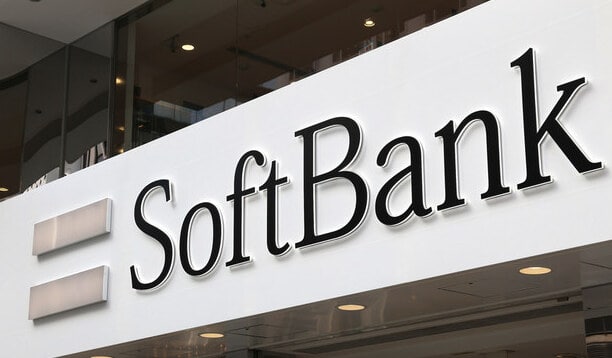SoftBank is close to reaching an agreement to sell Fortress Investment Group to Mubadala for $3 billion.
SoftBank Group Corp. is reportedly in advanced discussions with Abu Dhabi-based sovereign wealth fund Mubadala Investment Company to sell its asset management subsidiary, Fortress Investment Group, for a potential sum of $3 billion, according to the Financial Times. The deal, which has been under negotiation since last year, would enable SoftBank to reduce its debt burden.
The report, citing three sources familiar with the matter, states that the deal could be announced later this month. It also noted that SoftBank CEO Masayoshi Son had previously mentioned discussions to sell Fortress but did not reveal any valuation.
The potential sale of Fortress is in line with SoftBank’s strategy of divesting non-core assets to pay down debt and raise cash. The Japanese conglomerate has been grappling with high levels of debt after making big bets on tech startups through its Vision Fund.
Fortress, a New York-based alternative asset manager, was acquired by SoftBank in 2017 for $3.3 billion. The firm manages around $53 billion in assets across private equity, credit, and real estate, and has been exploring new investment opportunities in digital assets and cryptocurrency.
If the deal goes through, Mubadala, which has over $243 billion in assets under management, would expand its investment portfolio and gain access to Fortress’s expertise in managing alternative investments.
The acquisition would also bolster Mubadala’s presence in the US, where it has been actively investing in technology and innovation. The sovereign wealth fund has stakes in several high-profile companies, including semiconductor manufacturer GlobalFoundries, ride-hailing firm Uber, and electric vehicle maker Lucid Motors.
Mubadala has been ramping up its investments in the tech sector in recent years, as it seeks to diversify its portfolio and capitalise on the growth potential of emerging technologies. The company has established partnerships with leading tech companies such as SoftBank, Microsoft, and Alphabet, and has launched several initiatives to support innovation and entrepreneurship in the UAE and beyond.
In 2019, Mubadala launched Hub71, a startup ecosystem in Abu Dhabi that provides funding, mentorship, and other resources to early-stage tech companies. The initiative has attracted over 150 startups from around the world and has secured over $750 million in funding for its portfolio companies.
The Japanese conglomerate has been seeking to divest assets in order to raise cash and reduce debt, as it has been hit by losses at its Vision Fund and the WeWork debacle. Despite these challenges, SoftBank has continued to pursue its strategy of investing in disruptive technologies, with a focus on areas such as artificial intelligence and robotics. The firm recently announced the launch of a new $100 billion Vision Fund, which will focus on investing in cutting-edge technologies.
Fortress, which manages around $53 billion in assets, was acquired by SoftBank in 2017 for $3.3 billion, in a move aimed at boosting its investment capabilities. However, SoftBank has been facing criticism for its management of the firm, as it has struggled to raise funds for its flagship private-equity vehicles. The potential sale of Fortress to Mubadala would mark another step in SoftBank’s efforts to restructure its business and reduce its debt burden. In addition to the sale of Fortress, SoftBank has also been exploring the sale of some of its other assets, including the Indian digital payments firm, Paytm.
The potential acquisition of Fortress would be a significant addition to Mubadala’s investment portfolio and would further strengthen its position as a leading global investor. The move comes at a time when sovereign wealth funds are increasingly seeking to expand their investments in alternative assets and technology, as they look to diversify their portfolios and generate higher returns in a low-interest-rate environment.





